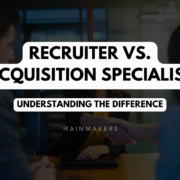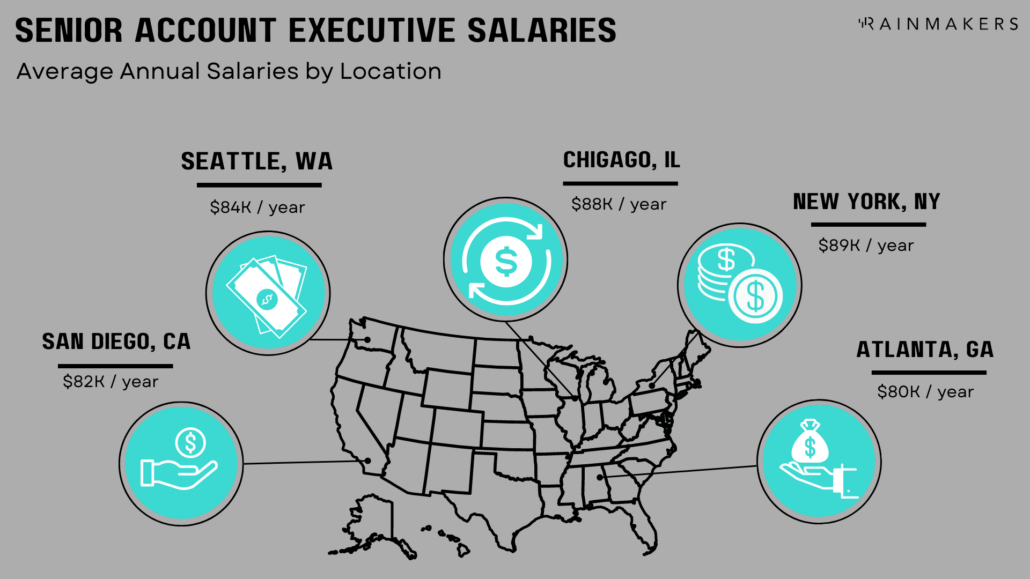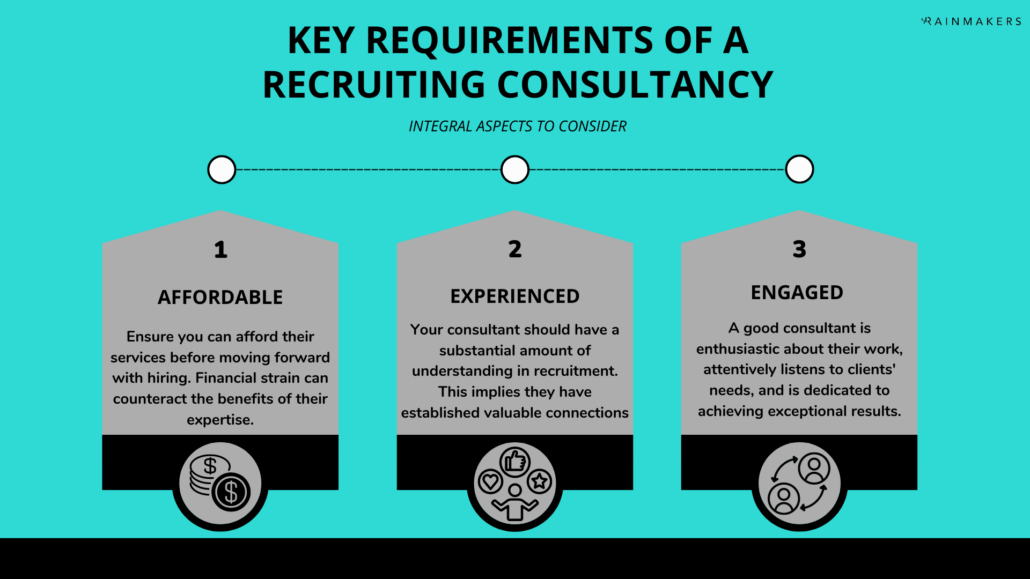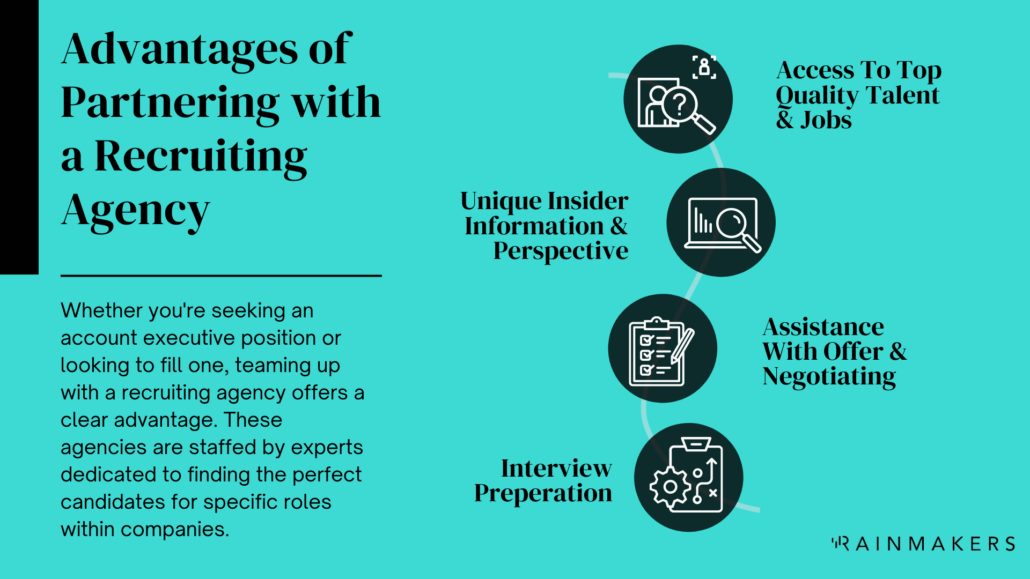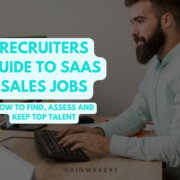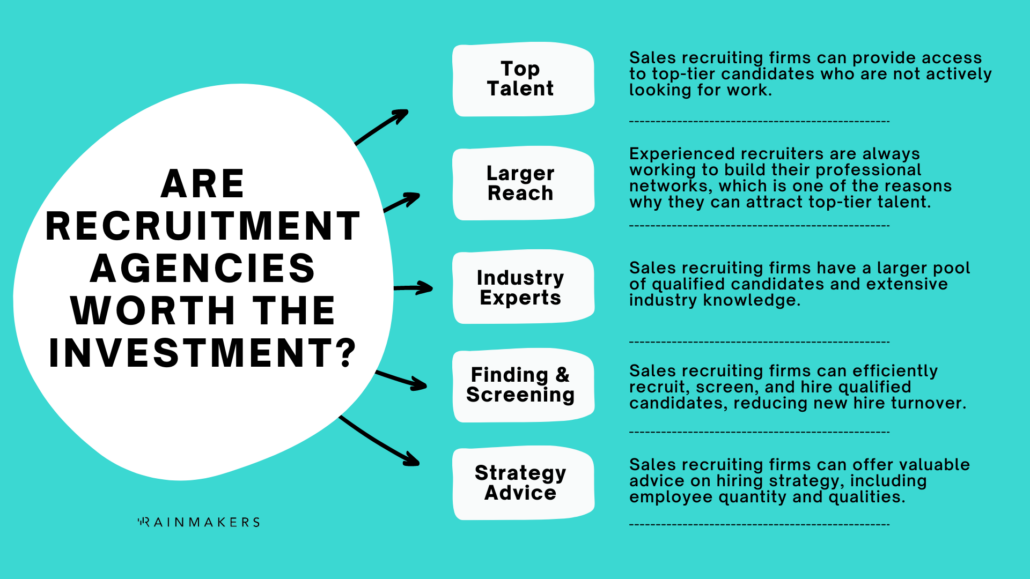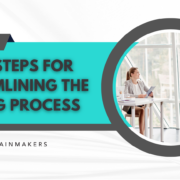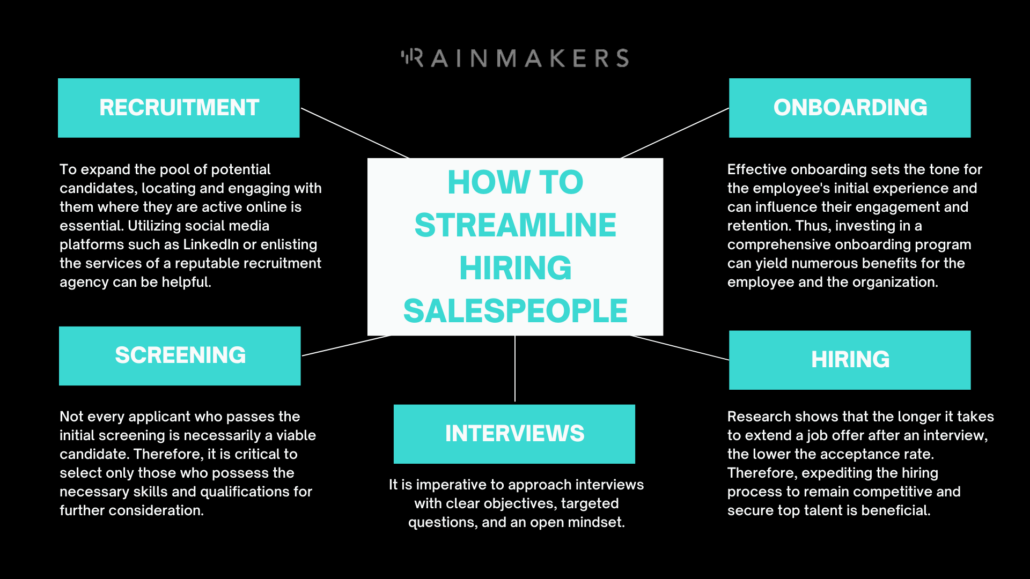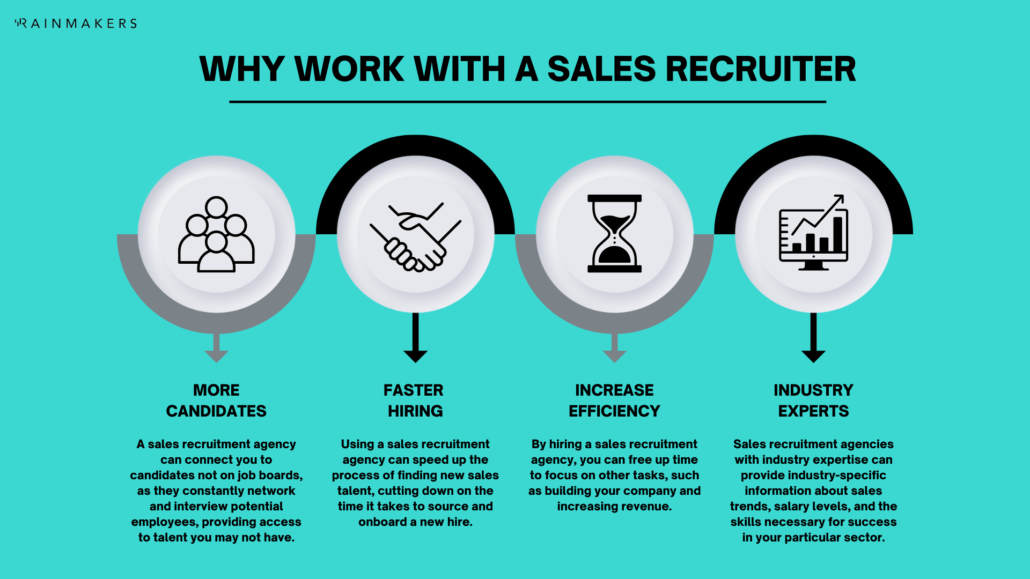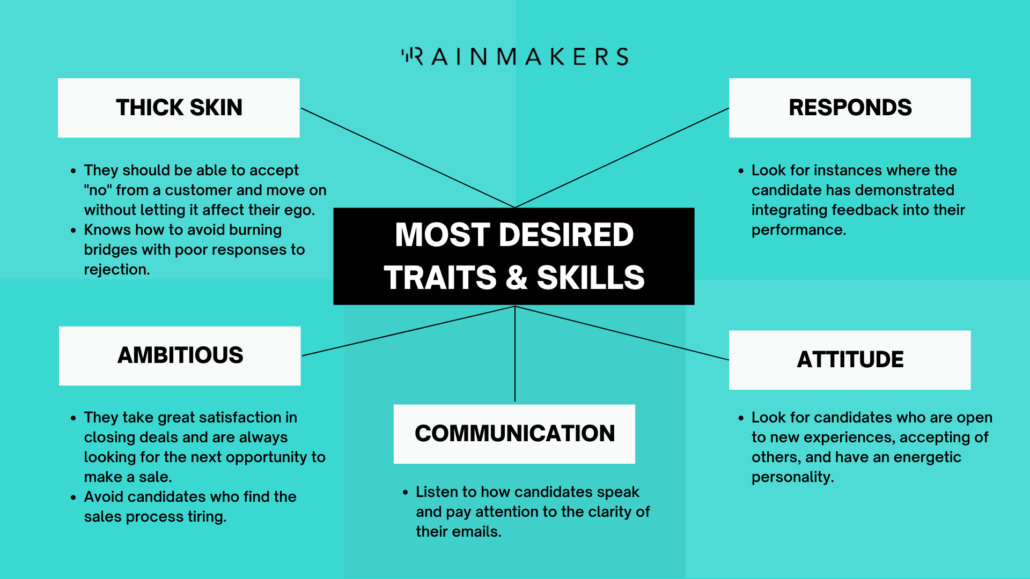What Suits Your Business More
A common misconception is that talent acquisition and recruitment are the same. After all, both approaches can help find great talent to fill a business or organization’s job vacancies.
However, there is an important distinction between the two. Understanding their differences is critical to improving your recruitment process and achieving your hiring goals.
The most significant difference between talent acquisition vs. recruitment lies in the planning: Recruitment is reactively filling roles in the short term, while talent acquisition is proactively seeking talent for your organization with a strategic understanding of your business’s long-term needs.
What Is a Talent Acquisition Specialist?
A talent acquisition specialist specializes in finding ideal candidates for companies. They spend time finding and selecting candidates requiring no additional training to fulfill the job requirements and duties.
The candidates they hire are also selected and recruited for their long-term potential with the company. Talent acquisition specialists think of the future needs of the business to fulfill roles created through the growth of the business or to replace those who retire or are promoted to other positions. Finding driven individuals with the potential and motivation to progress in their role with the company is a key skill a talent acquisition specialist brings to the recruitment process.

Acquisition Specialist vs. Recruiter
It may seem like acquisition specialists and recruiters fulfill the same role when finding excellent personnel for a company. Still, there are a few ways a talent acquisition specialist goes beyond the role of a recruiter.
Planning
As mentioned above, planning is the main difference between talent acquisition vs. recruitment. Talent acquisition focuses on long-term company goals and projected future needs for growth, constantly working on strategy and evaluating a company’s needs.
On the other hand, recruitment focuses more on a company’s short-term needs, quickly filling open positions with candidates who may or may not be the best person for the job and may require additional training to fulfill the role.
Branding and Reputation
It’s probably no surprise that your company’s brand and reputation are essential to attracting top-talented candidates. The culture your company portrays makes a huge difference in whether a candidate will consider working for you, even when it means a raise in salary.
A talent acquisition specialist spends time developing your long-term brand and creates a positive candidate experience. While recruiters can also create a positive brand, they often don’t represent a talent acquisition specialist’s in-depth, long-term branding. The average recruitment process may also not offer the same positive candidate experience a talent acquisition specialist provides.
Knowledge
Attracting the right candidate requires a thorough understanding of the position, the key skill requirements, and how the role fits into the overall department and company. While recruiters will likely have a basic understanding of the job and the skills needed to fulfill the role, they need to gain the in-depth knowledge a talent acquisition specialist brings to recruitment.
Sourcing
Sourcing talent is a crucial role for both recruiters and talent acquisition specialists. And recruiters and talent acquisition specialists both source candidates from multiple sources and build relationships with candidates.
But talent acquisition specialists go beyond what recruiters do when it comes to sourcing the right talent, forming a much more in-depth understanding of each candidate and whether they would be a good match for the company regarding both skills and personality. This leads to talent acquisition specialists often having a pool of potential candidates for future opportunities, even if an open role the company is hiring for isn’t the right fit.
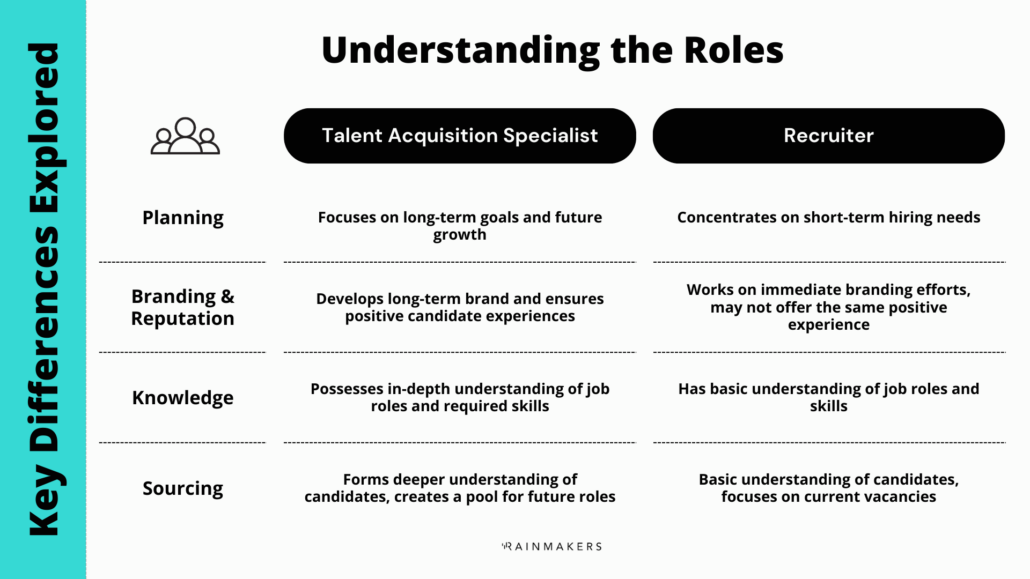
How Talent Acquisition Supports Long-Term Business Strategies
Because a talent acquisition specialist provides an in-depth understanding of a company’s recruitment needs, they help support your long-term business strategies. By thinking ahead about your company’s growth, culture, and industry, they can project what talent will be needed in the future and attract the right candidates for those positions.
Recruiting and retaining top talent can be the difference between making or breaking your business. When employees are experts at what they do, your business can only thrive, and you will likely attract more top talent in the future with the right talent acquisition process.
Benefits of Talent Acquisition for Specialized Talent and Future Leaders
Utilizing a talent acquisition specialist has several benefits beyond supporting your long-term business strategies. Here are a few:
1) Building a Talent Pipeline
Talent acquisition leads to a pool of talented professionals who would be great for your company. This can help you fill positions more quickly since you already have people in mind you know are the right person with the right skills for a long-term position.
2) Competitive Advantage
Having the right people working for you gives you a competitive advantage in your market. You can proactively recruit the best people working for your company and be ahead in filling open positions. In addition, matching talented and motivated professionals to your company’s culture gives you an advantage when the market is competitive.

3) Effective Teams
Talent acquisition helps you build the most effective teams by ensuring that every employee is the right fit for their role. This reduces a high turnover rate than hiring a candidate who might need to be more qualified for the position.
4) Efficient Hiring Process
There’s nothing more frustrating for a candidate than inconsistency in the hiring process. Candidates want efficiency when they are looking for a new job. Utilizing a talent acquisition specialist helps make the hiring process seamless for candidates and your company by creating consistency across candidates and messaging.
5) More Diversity
Having a diverse work culture is important to many candidates considering working for you and helps your company increase productivity. In addition, a diverse workforce with people from varying backgrounds gives you a team with different ways of thinking and problem-solving, assisting teams to be more efficient and productive.
6) Saving Time and Money
Recruiting for an open position can take months, especially for key leadership and executive positions. By projecting a business’s hiring needs ahead of time and building a talent pipeline with the right candidates, talent acquisition can save your business and hiring personnel a lot of time, energy, and money in the recruitment process.
Talent Acquisition With Rainmakers
Streamline your recruitment process by hiring Rainmakers as your Talent Acquisition Specialists. We have a proven history of matching the best candidates for every business we work with, helping you build effective teams, and saving you time and money in the recruitment and hiring process.
Our talent acquisition specialists can help you find talent that matches your account executive role. Contact us today to get started!

